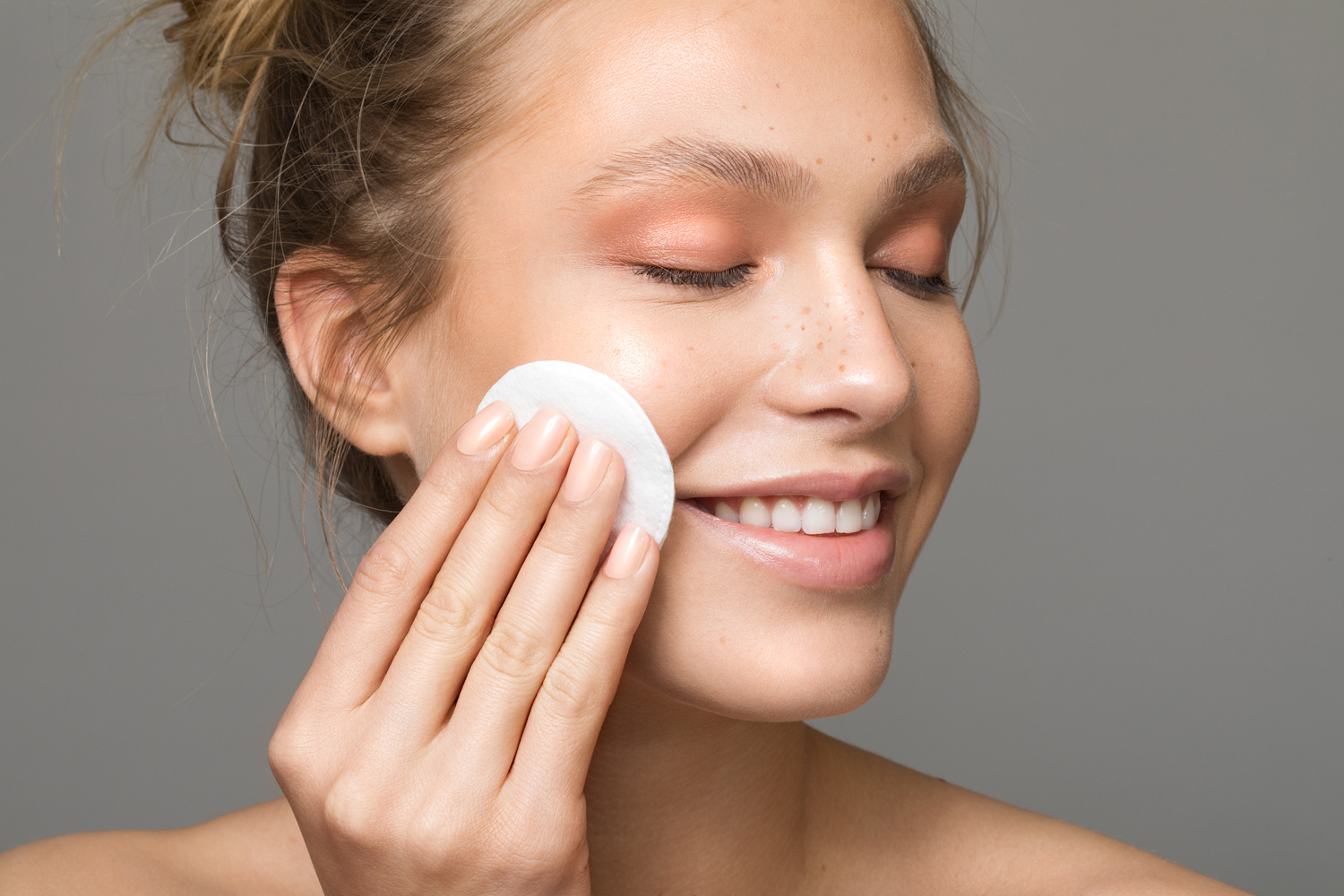Cotton pads have become a staple in many people's beauty and skincare routines. They are commonly used for removing makeup, applying toners, and cleansing the face. However, with increasing concerns about environmental sustainability, it is essential to examine whether cotton pads are biodegradable and their overall impact on the environment. In this article, we will delve into the biodegradability of cotton pads, their composition, and explore eco-friendly alternatives.
What Are Cotton Pads?
Can cotton pads be composted?
Are Cotton Pads Biodegradable?
Environmental Impact of Non-Biodegradable cotton pads wholesale
Eco-Friendly Alternatives to Cotton Pads
Conclusion
Cotton pads, also known as cosmetic pads or cotton rounds, are soft, absorbent pads commonly used in skincare and beauty routines. They are often circular in shape and made from cotton fibers. Cotton pads are designed to be gentle on the skin and are used for various purposes, such as applying or removing skincare products.

Cotton pads are primarily made from natural cotton fibers. The fibers are processed and formed into a soft, cushion-like material that is highly absorbent. Some cotton pads may have a non-woven or woven structure, depending on the manufacturing process. The use of pure cotton makes them suitable for sensitive skin.
Cotton pads, being made from natural cotton fibers, are generally biodegradable. Biodegradability refers to the ability of a material to decompose naturally over time through biological processes. When disposed of in appropriate conditions, such as composting facilities or home compost bins, cotton pads can break down and return to the environment without leaving behind harmful residues.
However, it is crucial to note that not all cotton pads are created equal. Some cotton pads may have additional additives or synthetic components, such as plastic or polyester fibers, which can hinder their biodegradability. It is important to choose cotton pads that are 100% pure cotton and free from any synthetic materials for optimal biodegradability.
Cotton pads that contain synthetic or non-biodegradable materials can have a significant negative impact on the environment. When disposed of in regular trash, these pads often end up in landfills where they contribute to the growing issue of plastic pollution. Since non-biodegradable materials do not break down easily, they persist in the environment for long periods, causing harm to ecosystems and wildlife.
The production of non-biodegradable cotton pads also has environmental implications. The extraction and processing of synthetic materials require energy and often involve the use of chemicals, contributing to carbon emissions and pollution.
For those seeking more sustainable options, several eco-friendly alternatives to traditional cotton pads are available:
Reusable cotton pads offer a practical and environmentally conscious alternative. Made from organic cotton or bamboo, these pads can be washed and reused multiple times. They are gentle on the skin and can be used in the same way as disposable cotton pads, reducing waste and environmental impact.
Some brands have introduced biodegradable cotton pads that are specifically designed to break down naturally. These pads are typically made from organic cotton and do not contain any synthetic materials. They offer the convenience of single-use pads while minimizing harm to the environment.
In addition to reusable and biodegradable cotton pads, there are alternative methods for skincare application and makeup removal. For example, using soft washcloths, natural sea sponges, or muslin cloths can be effective alternatives that produce minimal waste.
Cotton pads are widely used in beauty and skincare routines, but their impact on the environment cannot be ignored. While cotton pads made from 100% pure cotton are generally biodegradable, those with synthetic components pose a threat to the environment. By opting for eco-friendly alternatives such as reusable cotton pads or biodegradable options, individuals can reduce their ecological footprint and contribute to a more sustainable future.
Winner Nonwovens is your leading cotton pad manufacturers. We offer a wide range of premium cotton pads for all your skincare and cosmetic needs.
Our cotton pads wholesale are made from 100% pure cotton, ensuring a soft and gentle touch on your skin. They are highly absorbent, making them perfect for removing makeup, applying toners, or applying any other skincare products.
As a wholesale supplier, we offer competitive pricing and flexible order quantities to meet your business needs including
Whether you're a retailer, distributor, or beauty salon owner, we have the right solutions for you.